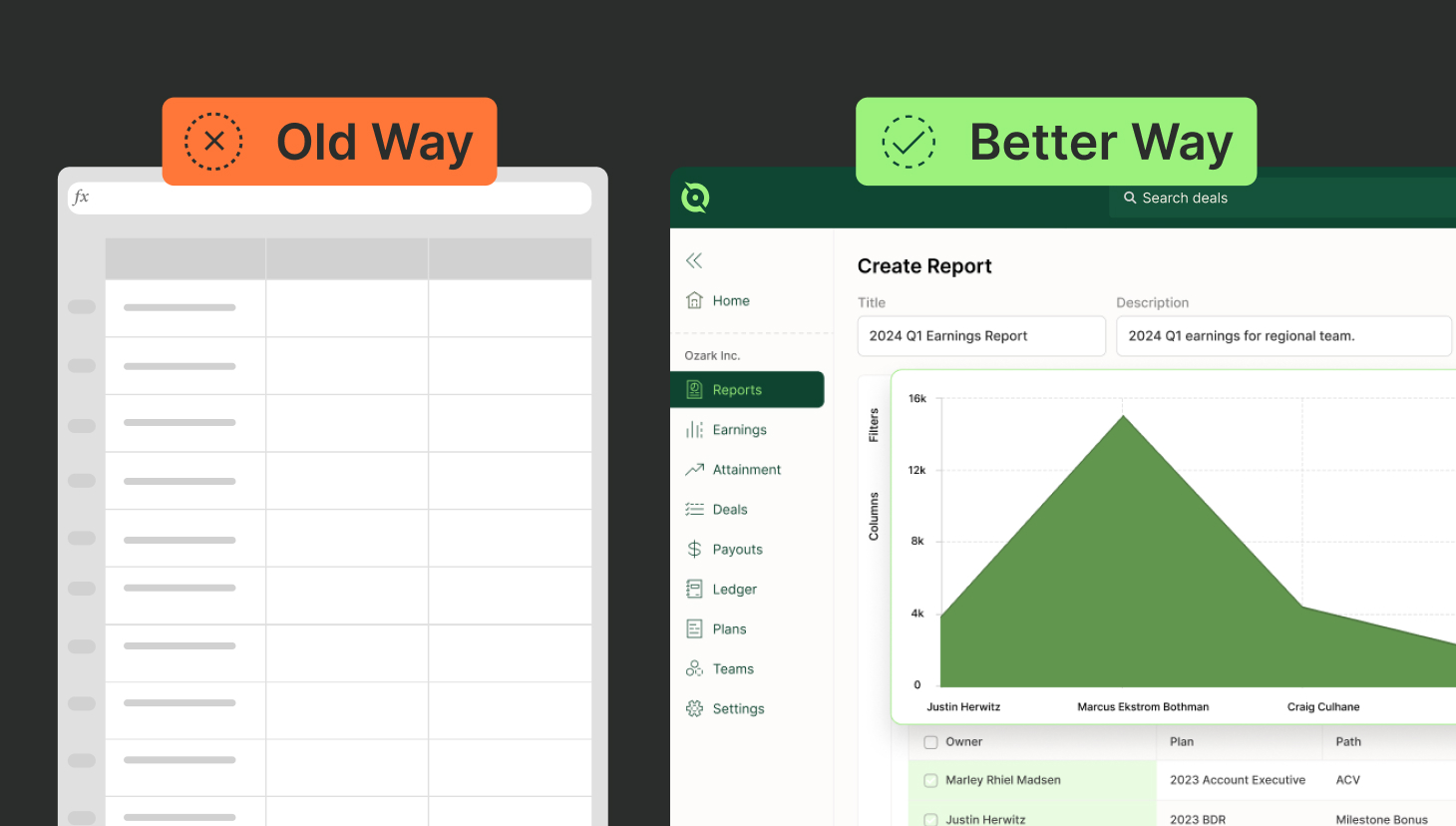There are RevOps, Marketing Ops, and even Financial Operations, but have you heard of Field Operations?
These various operations roles exist to support and optimize their specific areas. However, where Field Operations differs from others is they offer direct support and optimization to geographically dispersed teams through various means.

What is Field Ops
Field Operations is a business function within a company that supports and optimizes the work of its field teams.
| Responsibilities | |
| Streamlining Operations | Automating processes, creating playbooks, and implementing tools to improve efficiency and effectiveness for field personnel. |
| Proving On-the-Ground Support | Field ops business partners act as liaisons between sales reps and central functions like marketing or product development, ensuring reps have the resources and information they need. |
| Data Analysis and Insights | They gather and analyze data from the field to identify trends, optimize processes, and inform strategic decision-making. |
| Ensuring Alignment with Strategy | Field ops help ensure field teams are executing on the company’s overall sales and customer success strategies. |
| Training and Development | They might be involved in training and coaching field personnel to improve their skills and knowledge. |
| Benefits of having Field Ops | |
| Increased Sales Productivity | By streamlining processes and providing support, field ops can help sales reps close deals faster and achieve higher quotas. |
| Improved Customer Satisfaction | Through better communication and support for customer success managers and field service technicians, field ops can contribute to a more positive customer experience. |
| Data-Driven Decision Making | By gathering and analyzing field data, field ops empower organizations to make informed decisions about sales strategies, resource allocation, and operational improvements. |
| Enhanced Communication and Alignment | Field ops act as a bridge, fostering better communication and collaboration between field teams and central functions within the company. |
Differences between RevOps and Field Ops
Two main areas distinguish RevOps from Field Ops: scope and objectives.
Here’s a breakdown of their key distinctions.
Scope:
- RevOps: Takes a holistic approach, encompassing all aspects of the customer lifecycle that contribute to revenue generation. This includes marketing, sales, customer success, and sometimes even finance and operations.
- Field Ops: This function focuses specifically on supporting and optimizing the work of geographically dispersed field teams. These teams typically include sales representatives, customer success managers, and field technicians.
Objectives:
- RevOps: Aims to align all revenue-generating activities across departments, streamline processes, and improve efficiency to maximize revenue. They focus on the big picture, ensuring smooth handoffs between stages of the customer journey.
- Field Ops: Prioritizes direct support for field teams to enhance their productivity and effectiveness. This involves streamlining their workflows, providing resources, and ensuring alignment with overall sales and customer success strategies.
Analogy:
Imagine a revenue generation process as a complex machine. RevOps is responsible for ensuring that all the machine’s parts (marketing, sales, customer success) work together efficiently. They maintain the machine and optimize its overall performance.
Meanwhile, Field Operations focuses on the smooth operation of specific components within the machine (the field teams). They provide lubrication and adjustments and ensure these components are functioning at their best.
When to Add Field Ops
There’s no one-size-fits-all answer to the exact growth stage when companies build a “field ops” function with embedded ops business partners. However, several factors can influence this decision:
Sales Team Size and Complexity
Often, companies establish a dedicated field ops function when their sales team reaches a critical mass. This might be around 50-100 sales reps, or even sooner if the sales organization has complexities like multiple channels, territories, or product lines, and distributed sales teams.
With a larger and more intricate sales structure, the need for dedicated support to streamline operations and ensure alignment with central strategies becomes more pressing.
Scaling Challenges
As a company scales its sales efforts, maintaining operational efficiency and supporting rep productivity becomes crucial. Field ops help automate processes, create playbooks, and provide on-the-ground support to navigate these challenges.
Data-Driven Decision Making
Field ops teams often play a crucial role in gathering and analyzing sales data. This data identifies operational bottlenecks, optimizes processes, and informs strategic decisions. As data becomes central to sales success, the need for a dedicated function to manage it grows.
Maturity of Sales Processes
Companies with immature sales processes or inconsistent practices can benefit significantly from a field ops function. These embedded business partners can help standardize processes, ensure best practices are followed, and drive overall sales effectiveness.
Here are some additional considerations:
- Budgetary Constraints: Building a dedicated field ops team comes with additional costs. Smaller companies or those with limited resources might leverage other solutions like outsourcing or utilizing existing sales leadership to handle some field ops functions.
- Company Culture: Some companies take a more centralized, top-down approach to sales, while others prefer a more distributed model with empowered sales teams. The company culture will influence the need and structure of a field ops function.
In conclusion, while there’s no magic number, companies typically build a field ops function with embedded ops business partners when their sales teams reach a critical size and complexity, encounter scaling challenges, prioritize data-driven decision-making, or require support in maturing their sales processes. The timing will depend on the company’s unique circumstances and growth trajectory.
Try the most collaborative solution to manage, track and payout variable compensation. Calculate commissions and pay your team accurately, and on time.
Start TrialAbout QuotaPath
QuotaPath supports field ops by providing a centralized location for automated commissions and forecasted earnings and attainment. This makes it suitable for distributed sales and operations teams, building transparency and trust.
To learn more, chat with our team or try QuotaPath for yourself with a free commission tracking trial.



